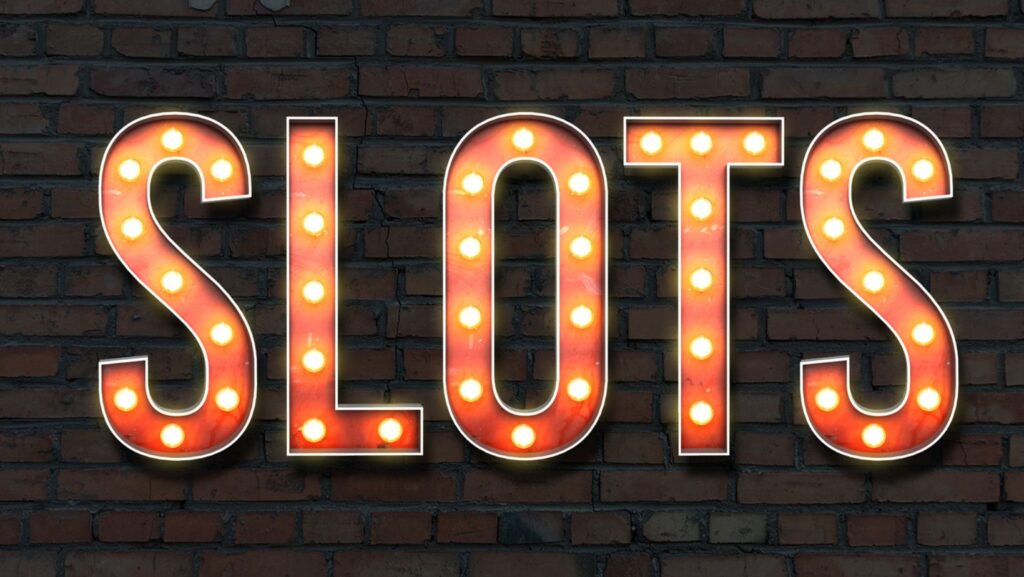Meta Title: Progressive vs. Fixed Jackpots in Slots
Meta Description: Progressive and fixed jackpot slots both offer big payout potential, but which is best? We compare key factors like jackpot size, volatility, RTP, and more to help you decide.
The bright lights and sounds of the casino floor can be exhilarating. With so many slot machines to choose from, one key decision is whether to play a progressive or fixed jackpot game. While both offer the chance at a big payday, there are crucial differences between these jackpot types to understand.
In this article, we’ll compare progressive and fixed slots across critical factors like average jackpot size, volatility, return-to-player (RTP), and more. You’ll learn key insights to help decide which style of jackpot slot is right for you and delivers the biggest payouts and most excitement. Let’s get started!
Comparing Average Jackpot Sizes
The most alluring feature of any jackpot slot is the top prize. So a natural starting point in our comparison is looking at average jackpot amounts.
Progressive slots are networked across multiple platforms like Jokabet Casino and often an entire state or country. Every bet placed contributes a small percentage to the ever-rising jackpot. Some progressives grow into the millions or even tens of millions before being won.
Fixed jackpot games have a static top prize programmed into that single machine. These jackpots typically range from just a few thousand dollars to hundreds of thousands.
Average Jackpot Size
|
Jackpot Type |
Average Jackpot |
|
Progressive |
$1+ million |
|
Fixed |
$10,000-$100,000 |
As you can see, progressive jackpots trounce their fixed counterparts for top prize size. While you likely won’t win millions, the chance exists, adding to the excitement.
Understanding Volatility Variances
Volatility indicates how often and sizable potential payouts are on a slot machine. Low-volatility games provide smaller but more frequent wins, while high-volatility slots deliver bigger prizes less frequently.
Progressive slots are always high volatility given the nature of their growing, life-altering jackpots. The trade-off is longer dry spells between other wins.
Fixed jackpot machines can have varying volatility levels. Typically, the higher the jackpot amount, the higher the volatility will be as well. Lower-end fixed prizes allow for lower volatility.

Ultimately, volatility comes down to player preferences – some enjoy the thrill of big but infrequent payouts, while others prefer smaller but more consistent wins.
Comparing Return-to-Player Percentages
Return-to-player (RTP) indicates the statistical percentage of wagered money a https://slotspeak.com/smartsoft-gaming/ pays back to players over time. Higher RTPs are advantageous as more money is paid in winnings.
Most progressives have RTPs ranging from 90-95%. To fund those massive jackpots, a slightly bigger cut goes to the house.
Fixed slot RTPs vary widely, from 75% to the high 90s. Typically, slots with lower jackpot ceilings can afford higher overall RTPs since less money needs to be set aside for major prizes.
In both cases, higher RTPs indicate better winning potential over many spins, so this should be a factor in choosing a progressive or fixed jackpot game.
Considering Hit Frequency Differences
Hit frequency measures how often a slot machine pays out wins – whether small or large amounts. It’s expressed as a percentage, with higher percentages indicating more frequent payouts.
As mentioned, the high volatility of progressive jackpots leads to lower hit frequencies – sometimes less than 10%. You’ll endure longer droughts between wins, though, with the hopes of a truly life-changing jackpot.
Fixed slot hit frequencies vary widely. Lower volatility fixed games can have hit frequencies exceeding 20% or more. This style may appeal to players wanting steadier small or mid-sized payouts to keep playing longer.

As with volatility and RTP, deciding between lower and higher hit frequencies comes down to what you desire most – less frequent monster jackpots or more consistent smaller wins.
Eyeing the Leading Progressive Jackpot Slots
If chasing a progressive jackpot is in your sights, these slots consistently offer some of the biggest life-changing payouts:
Highest Progressive Slots
|
Game |
Average Jackpot |
Highest Jackpot |
|
Megabucks |
$10 million |
$39.7 million |
|
Wheel of Fortune |
$4 million |
$17.3 million |
|
Cash Express |
$1 million |
$11.6 million |
Games like Wheel of Fortune and Megabucks are notorious for creating millionaire slot players overnight. Even smaller progressives like Cash Express show jackpots routinely in the millions.
Bottom Line
While fixed jackpot slots pale in comparison to top prize size, they make up for it in factors like hit frequency and volatility control. Most players chase progressive jackpots for the slim chance at a truly monumental retirement-funding payday. But fixed games shouldn’t be overlooked for their reliability in delivering steadier excitement.
Knowing these key structural differences between progressive and fixed jackpot slots will help you pick the best machine for your budget and preferences. With jackpots in the millions constantly up for grabs, taking a spin on progressives always offers bewildering financial potential. Yet fixed games provide more consistent entertainment. Both are exhilarating slot experiences!

